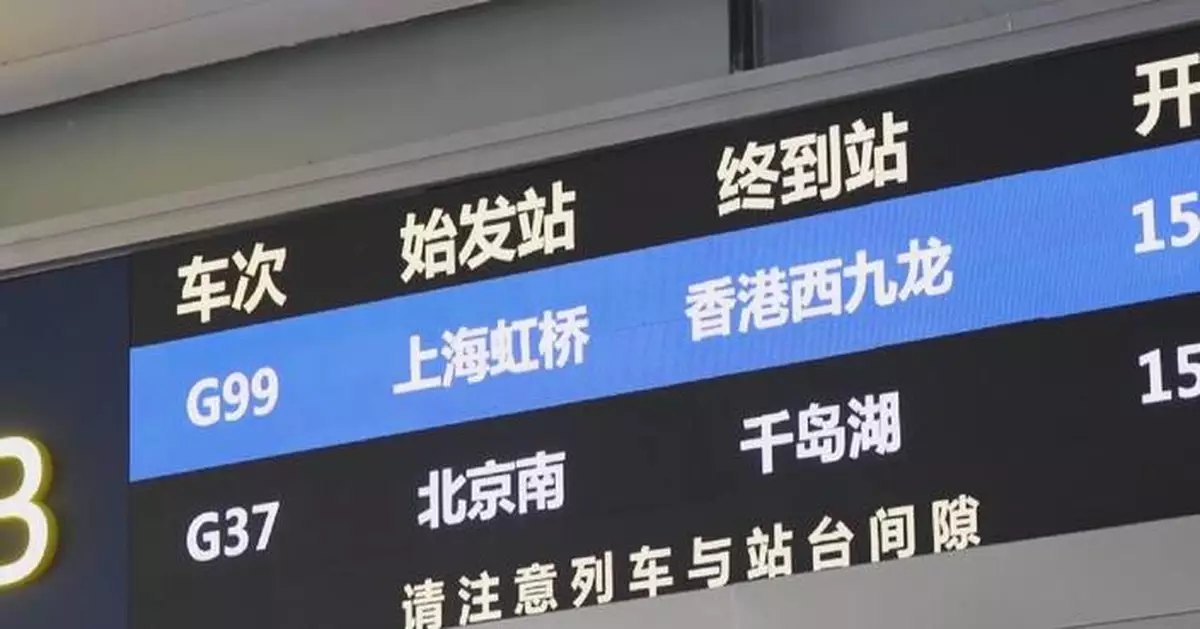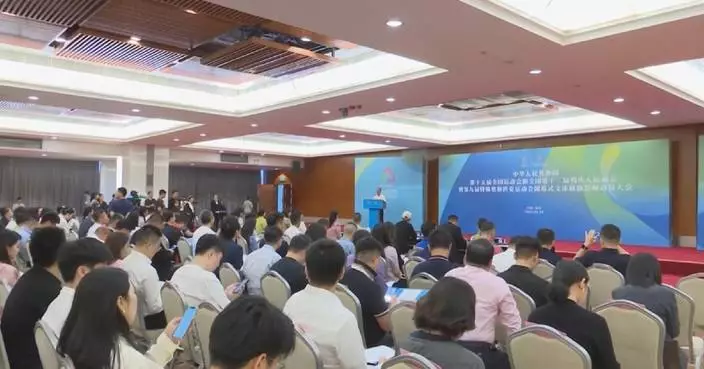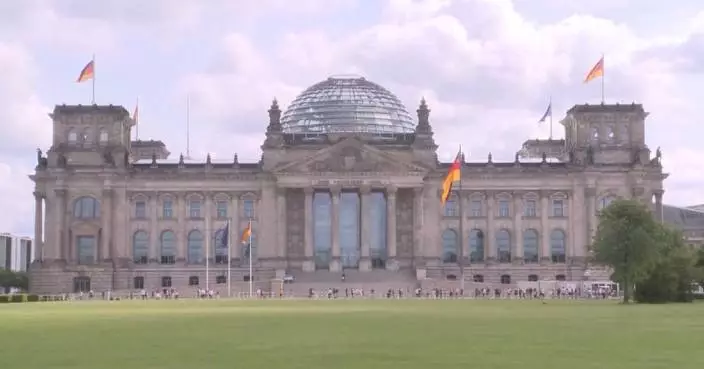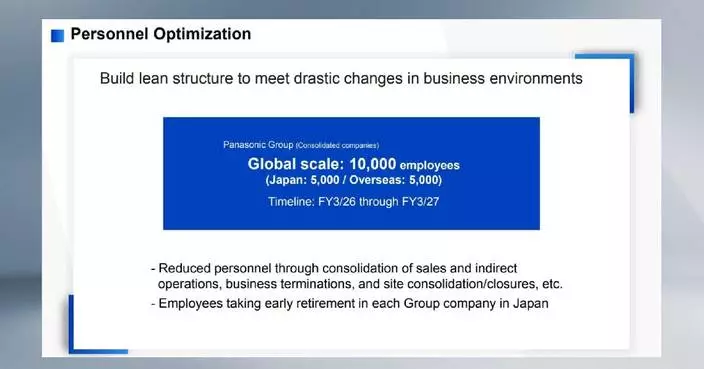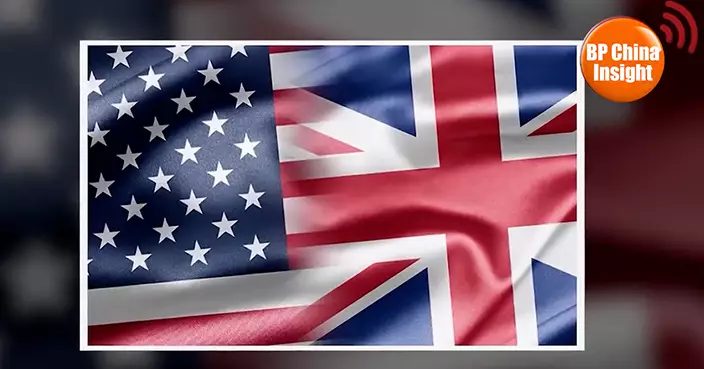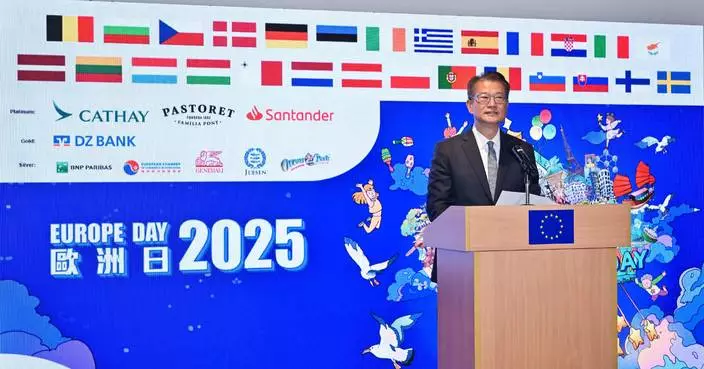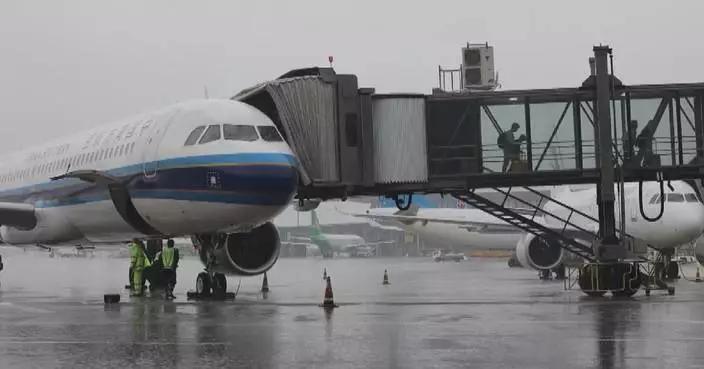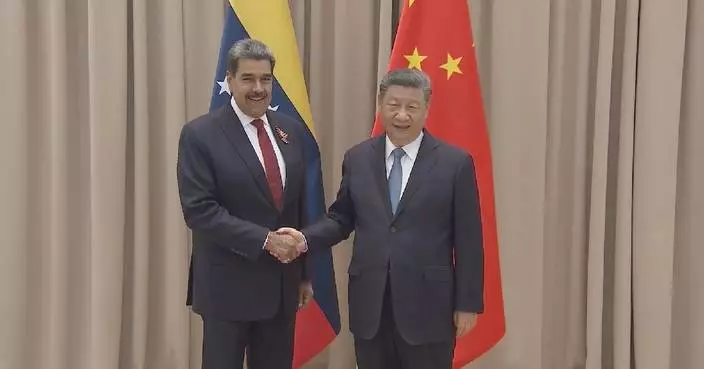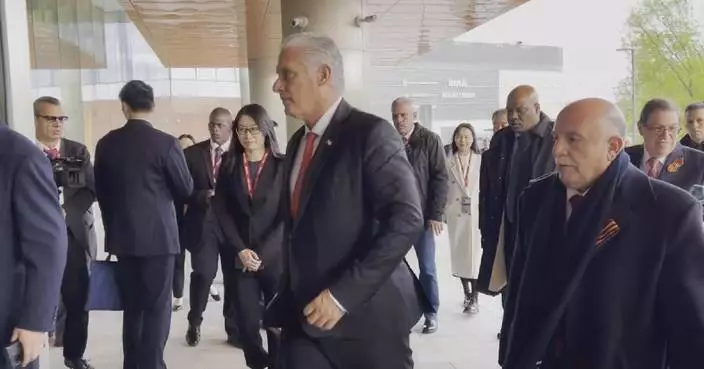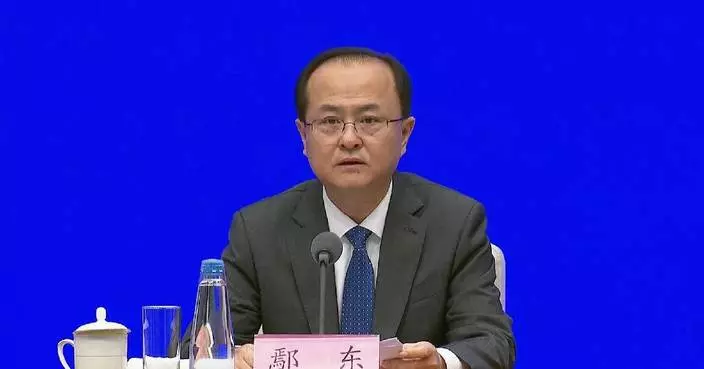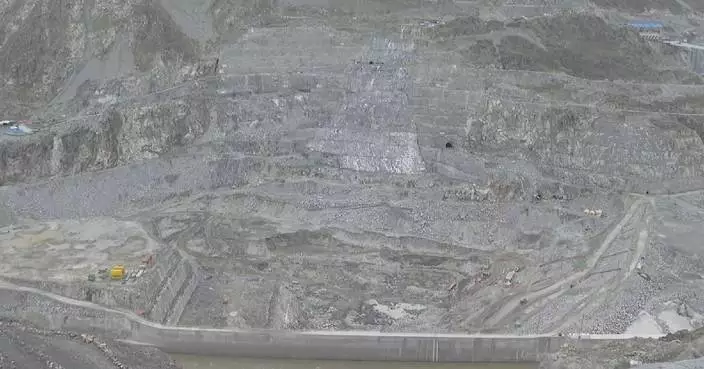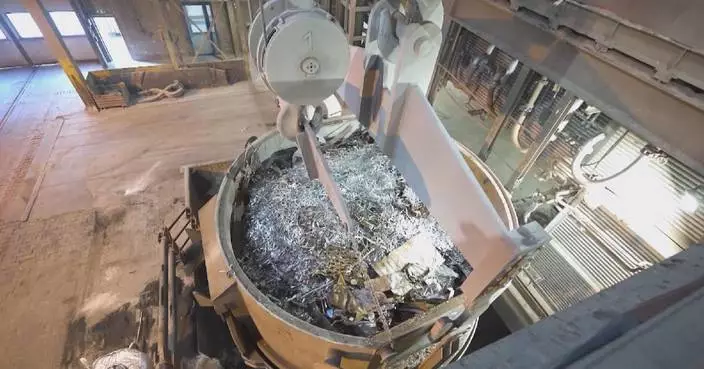The high-speed railway connecting east China's Hangzhou City of Zhejiang Province and Hong Kong was put into use on Sunday, cutting travel time between the two cities to below seven hours. Departing from Hangzhou West Station at 15:10 BJT, the G99 train passes six stations before arriving at 21:56 BJT at West Kowloon Station in Hong Kong. Passengers only need to scan their Exit and Entry Permit at the station to finish cross-boundary inspection. "It takes just over six hours to arrive in Hong Kong, which is not that long. I have my Hong Kong-Macao Entry-Exit Permit, and all I need is to scan it on the machine over the counter," said Jin Siyu, a traveler taking the first train. To further facilitate travelers on the route, Hangzhou West Station now allows passengers to extend their Entry-Exit Permit with self-service machines.
"It takes around two to three minutes to finish (the extension) on this machine. But we can only provide extension services," said Chen Na, a staff member at the police station at Hangzhou West Station Hub, under the Yuhang District branch of Hangzhou City Public Security.
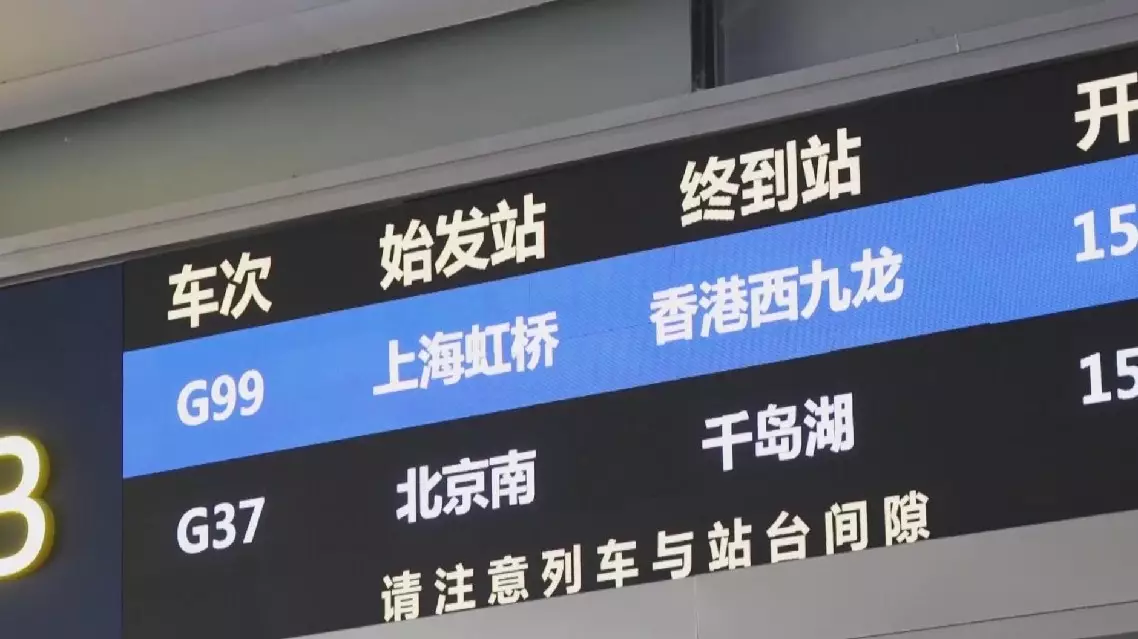
Railway connecting Hangzhou and Hong Kong begins operation
As the peak job-hunting season for university graduates approaches, China's Ministry of Education will launch a nationwide 100-day campaign to expand job opportunities and enhance employment services to support college graduates in securing positions.
According to official data, over 250 provincial-level job fairs will be held across the country in May, offering more than 900,000 job openings.
Additionally, nearly 3,000 campus recruitment events will be organized by universities, collectively providing more than 2 million positions.
On May 21, a key coordination meeting for the 2025 graduate employment campaign will be held in Lianyungang City, east China's Jiangsu Province.
Over 100 well-known employers will attend the event in person, while more than 1,000 companies will provide over 10,000 positions via online platforms.
Later in the month, a major graduate job fair targeting talents in northeast China will take place in Changchun City.
The event will feature more than 600 companies from key sectors including equipment manufacturing, modern agriculture, and the ice-and-snow economy, offering over 10,000 high-quality job opportunities in total.
To further support graduate employment, local governments are ramping up service initiatives.
In north China's Shanxi Province, 20 million yuan (about 2.763 million U.S. dollars) in provincial funding has been earmarked to subsidize university-organized recruitment events.
In east China's Shandong Province, education and labor authorities have developed training courses in emerging fields such as drone surveying and artificial intelligence (AI) application to enhance graduates' job-readiness.
"This year, Shandong has designated special funds to support training programs at universities, offering subsidies of 400 yuan (about 55.27 U.S. dollars) to 600 yuan (about 82.9 U.S. dollars) per student. We've already collected over 100 training projects in emerging fields like AI application and the low-altitude economy which need talents urgently, with plans to train more than 10,000 students by the end of the year," said Zhao Luwei, deputy director of the Shandong Provincial Public Employment and Talent Service Center.
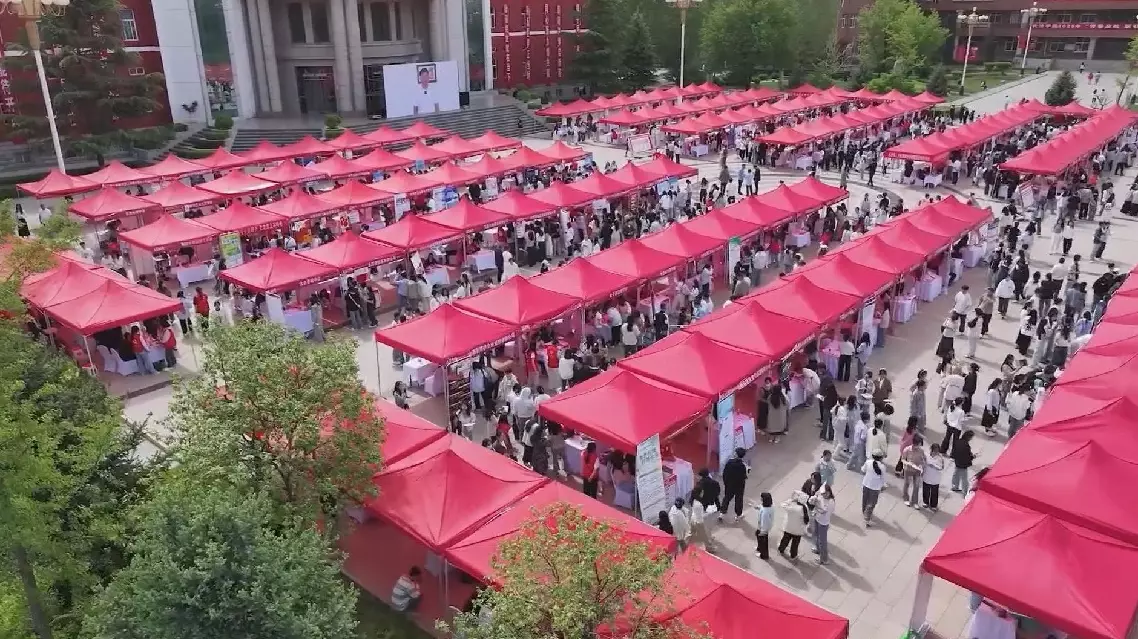
China to launch campaign to boost graduate employment with millions of job openings



